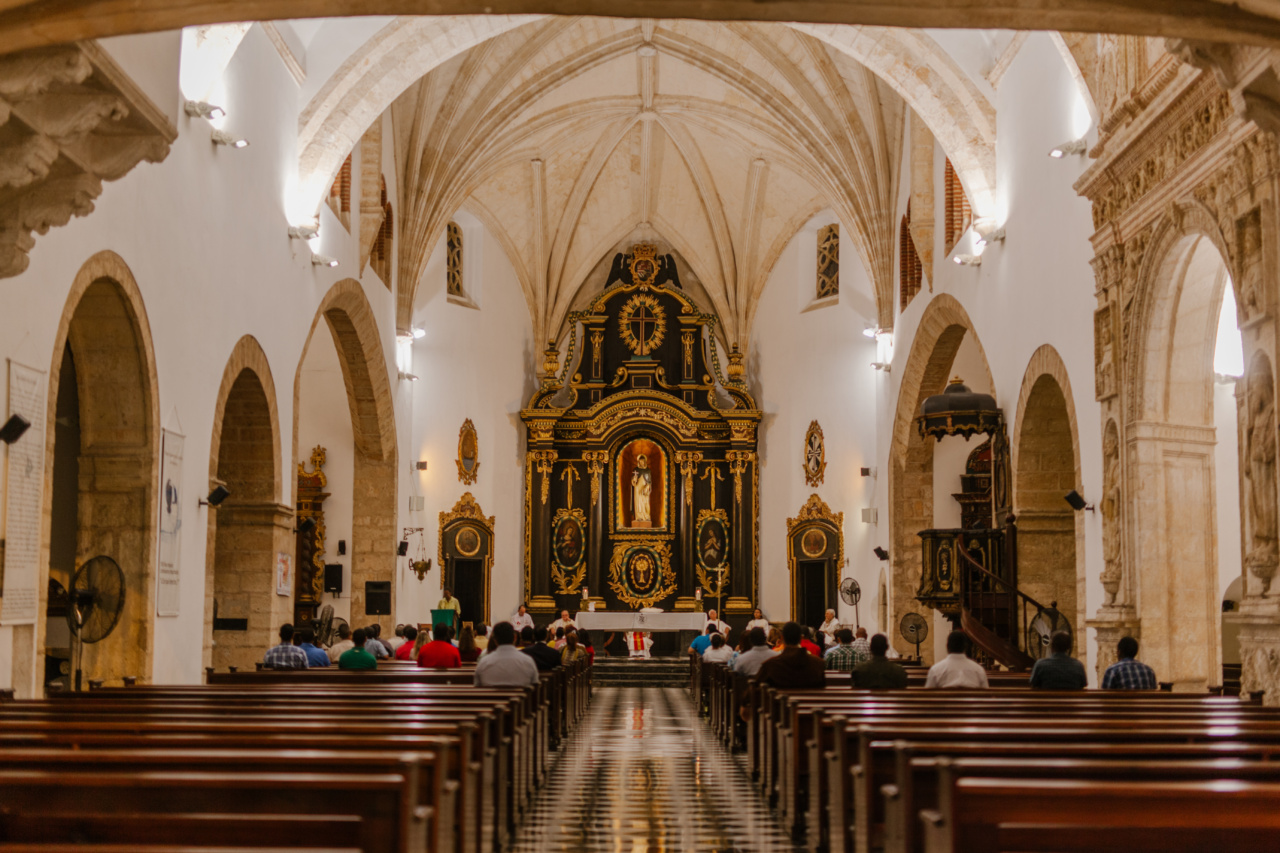From small towns to big cities, from rural areas to densely populated urban centers, people all around the world rely on access to quality healthcare.
However, not everyone has access to reliable, affordable healthcare – especially in underprivileged areas and developing countries.
For decades, the Catholic Church has played an important role in providing healthcare services to people around the world through hospitals, clinics, and other healthcare institutions.
The Catholic Church and Healthcare
Healthcare has been a fundamental part of the Catholic Church’s mission since its inception. The church sees healthcare as an essential part of its commitment to social justice, and as a way to live out its call to serve the sick and vulnerable.
The Catholic Church provides healthcare services all over the world, from large hospitals in major metropolitan areas to small clinics in remote areas.
Catholic Health Coverage in the United States
In the United States, Catholic health care is provided by a variety of institutions, including hospitals, nursing homes, health clinics, and even hospice care providers.
These institutions are guided by ethical and moral principles grounded in Catholic social teaching, which prioritize the dignity of human life, the importance of community, and the protection of vulnerable individuals.
The Church’s International Healthcare Mission
When it comes to healthcare, the Catholic Church has a global mission. The church provides healthcare services in every corner of the world – from the developed countries in the West to the poorest nations in Africa, Asia, and South America.
In many cases, Catholic healthcare institutions are among the only healthcare providers in these areas, making them a vital resource for local communities.
Catholic Health Coverage in Developing Countries
In many developing countries, healthcare services are scarce and often unreliable. Catholic healthcare institutions have stepped in to fill the gaps left by underfunded and overburdened public healthcare systems.
These institutions provide a wide range of healthcare services, including basic medical care, maternal and child healthcare, and care for people living with chronic illnesses such as HIV/AIDS and tuberculosis.
Global Catholic Healthcare Initiatives
Although Catholic healthcare institutions are diverse and operate independently in different regions of the world, there are also international initiatives established to promote cooperation and coordination among Catholic healthcare providers. One such organization is Caritas Internationalis, a global Catholic charity that includes over 160 healthcare organizations worldwide.
The organization’s mission is to promote sustainable healthcare practices that are accessible to all, regardless of their economic or social status.
Catholic Healthcare and Social Justice
For the Catholic Church, healthcare is not just a service to provide, but also a means to help achieve greater social justice. The church recognizes that health is a fundamental human right, and believes that everyone should have access to basic healthcare services.
Catholic healthcare institutions in many areas work to promote health equity, to reduce the burden of disease, and to provide care to those who need it most.
Catholic Hospitals and Adhering to the Ethical and Moral Principles
Catholic healthcare institutions are bound by a set of ethical and moral principles that guide their operations. These principles are rooted in the church’s social teachings and include a commitment to the sanctity of human life, respect for human dignity, and a dedication to the common good.
These principles influence how Catholic healthcare institutions operate and the types of services they provide.
For example, Catholic hospitals may not provide certain types of services or procedures that conflict with their ethical and moral principles.
Conclusion: Catholic Health Coverage for Everybody
As we have seen, the Catholic Church plays a significant role in providing healthcare services to individuals around the world – especially those in underprivileged areas and developing countries. Through hospitals, clinics, and other healthcare institutions, the church provides quality healthcare services that prioritize the dignity of human life and the well-being of communities.
By adhering to ethical and moral principles and working towards greater social justice, Catholic healthcare providers make a real, meaningful difference to the health and well-being of people everywhere.





























